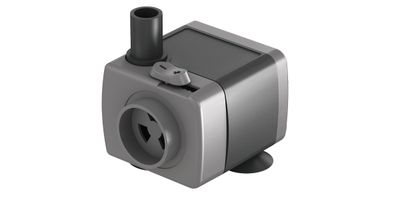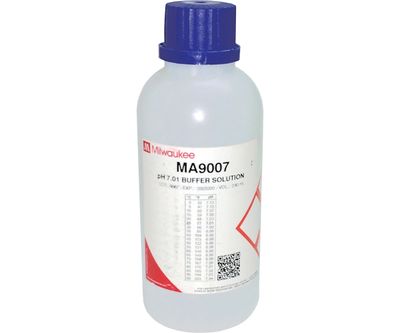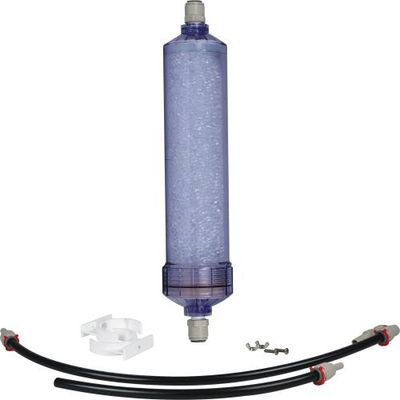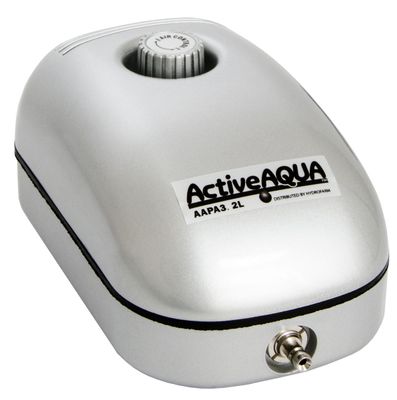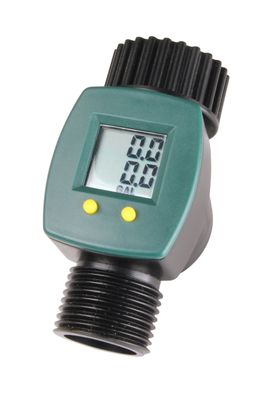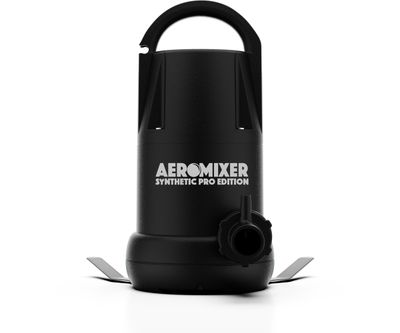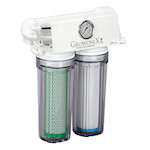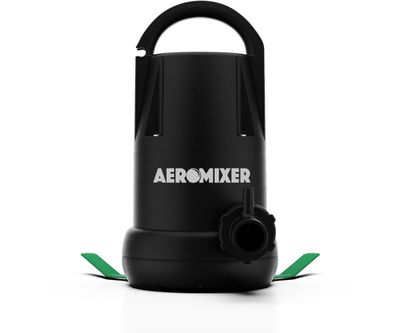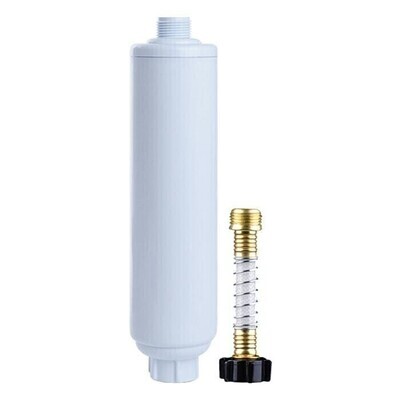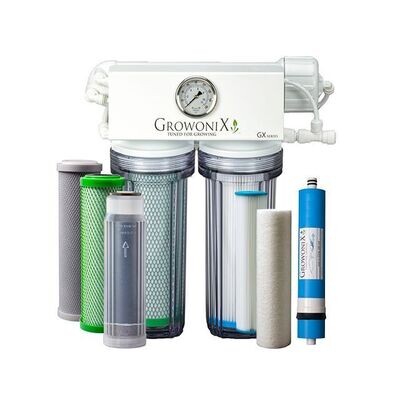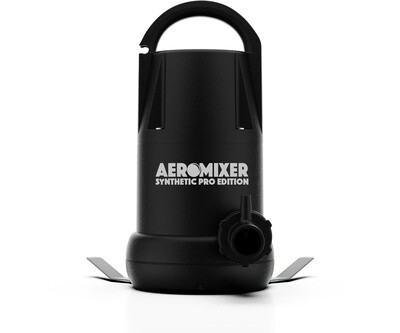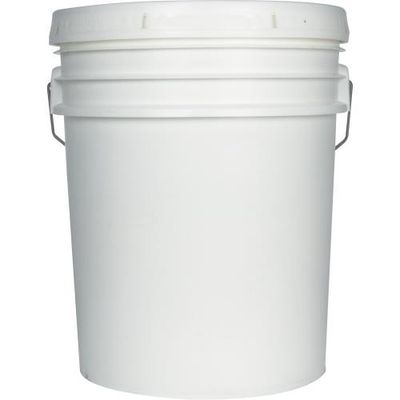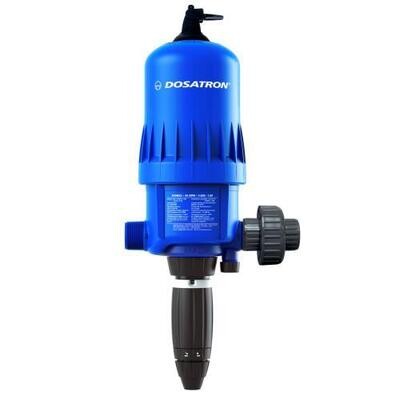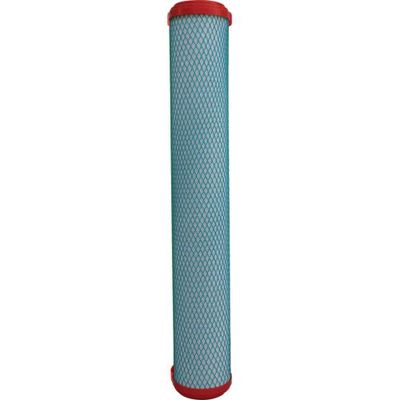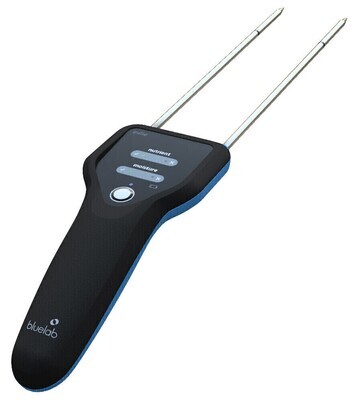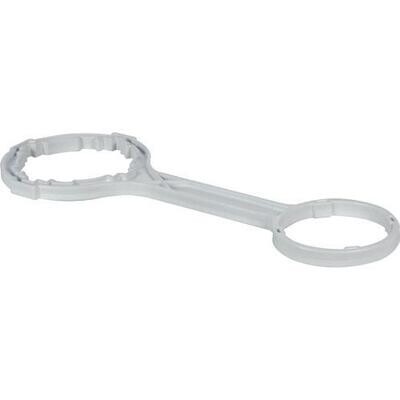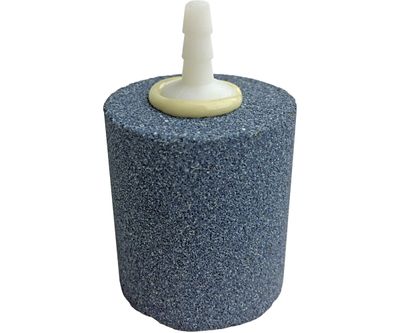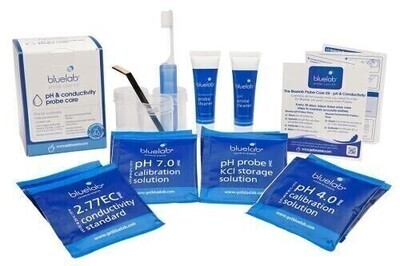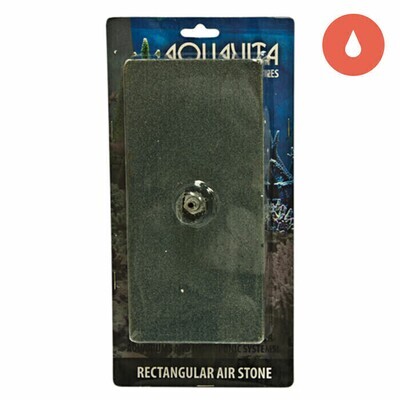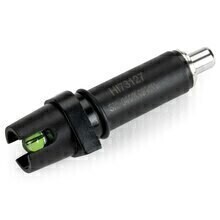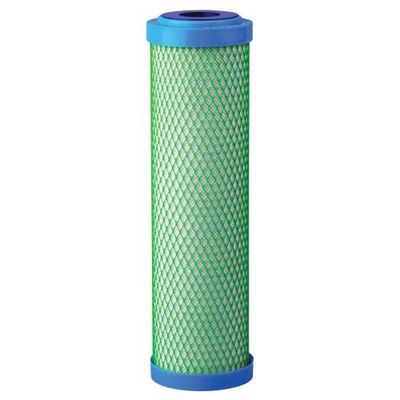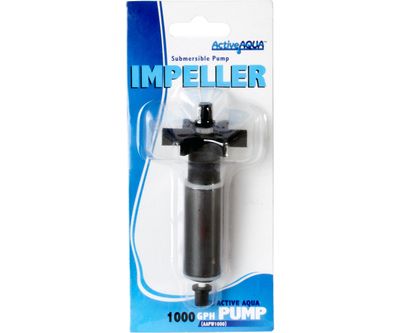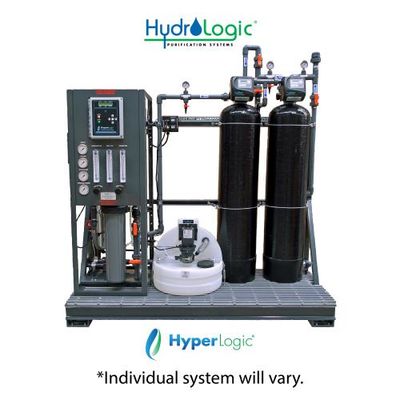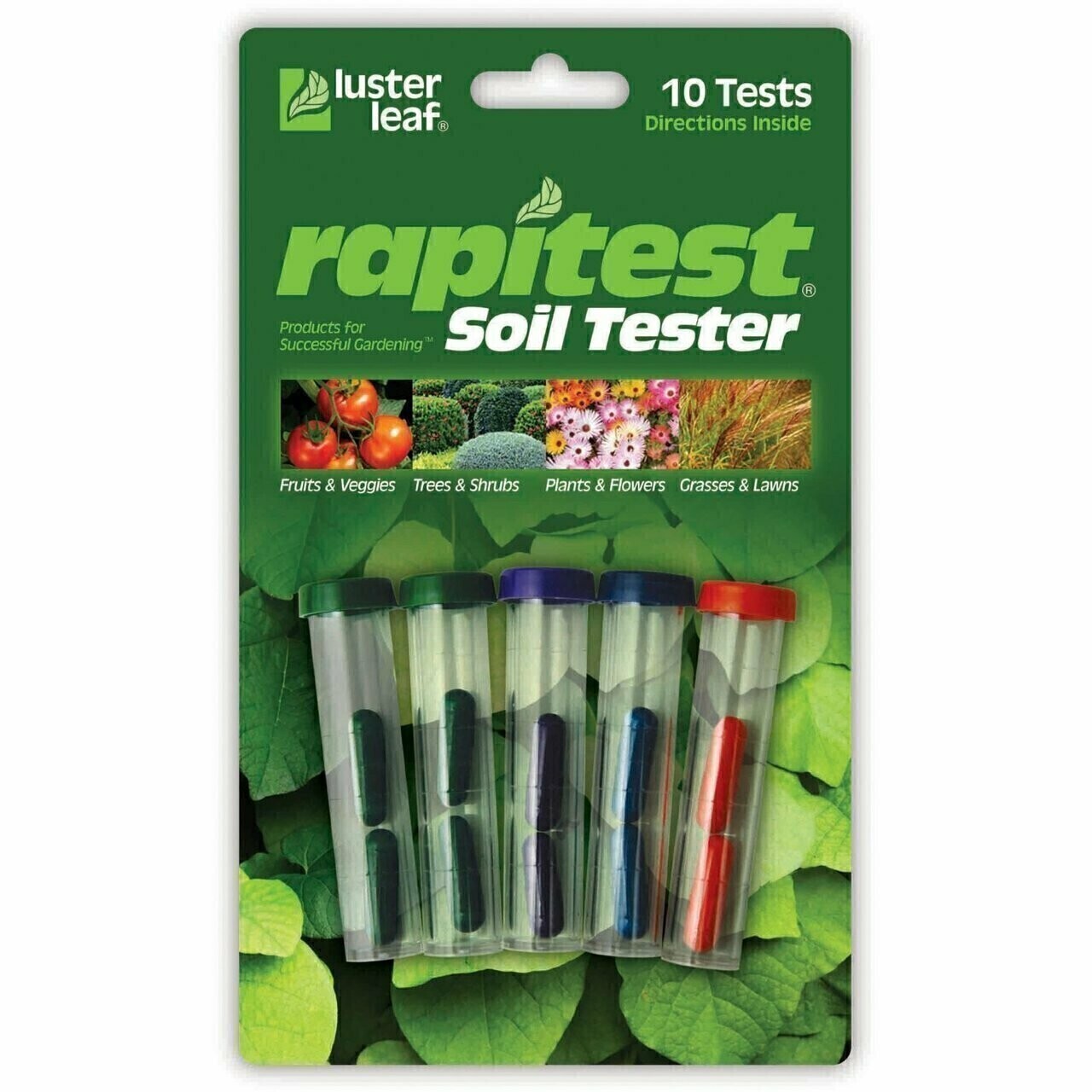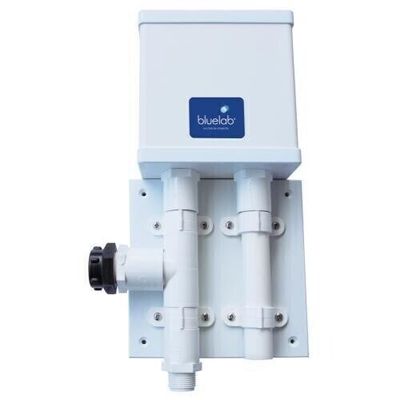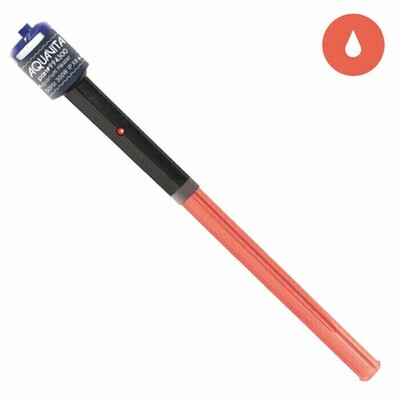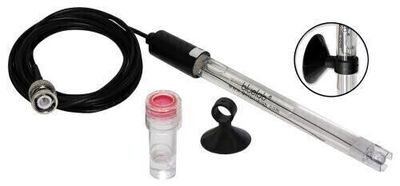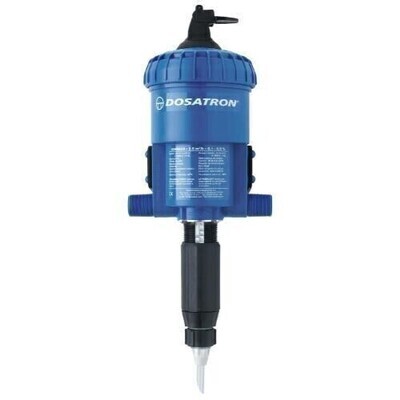Luster Leaf Rapitest Soil Test Kit pH, NPK

| item
209341
209331 |
🌱
Quick, at home results for Soil pH, Nitrogen, Phosphrous and Potash
Innovative and inexpensive soil test kit features an easy-to-use capsule system and patented color comparators
Contains all components needed for 40 tests. 10 for each of pH, N, P and K
Simple, detailed instructions included. Great for beginners and experienced gardeners alike.
Soil pH preference list for over 450 plants included
Why Test Your Soil?
Plants need food (nutrients) for healthy growth. Nitrogen, Phosphorus and Potash (N, P and K), play a vital role in plant growth just as vitamins, minerals, carbohydrates and protein do in our health.
How to Test Your Soil
For gardeners already familiar with soil testing, you'll appreciate the unique, patented, specially designed "color comparator" and capsule system, that make quick work of testing. For those of you new to soil testing, you will appreciate this easy, fast and fun way to achieve better growing results from your gardening efforts!
Everything is color-coded, including the color comparator films and capsules. All you do is take a sample of soil, mix with water, transfer some of the solution to the color comparator, add powder from capsule, shake and watch the color develop. Then, note your test results. Fast, easy and it only takes a few minutes!
When To Test Your Soil
Soil should be tested periodically throughout the growing season, but it is especially recommended to test before planting in the Spring and when preparing beds in Fall.
Soil Elements:
N - Nitrogen
Nitrogen is synonymous with plant nutrition. It is directly responsible for producing leaf growth and green leaves. A deficiency causes yellow leaves and stunted growth. Too much nitrogen causes overabundant foliage with delayed flowering; the plant becomes subject to disease and its fruit is of poor quality.
P - Phosphorus
Growing plants need phosphorus. It is the major constituent of plant genetics and seed development. A deficiency causes stunted growth and seed sterility. Phosphorus aids plant maturity, increases the seed yield, increases fruit development, increases vitamin content and aids the plant's resistance to disease and winterkill.
K - Potash
Potash strengthens the plant. It helps form carbohydrates and promotes protein synthesis. It will improve the color and flavor of fruit. It further aids early growth, stem strength and cold hardiness. Plants deficient in potash are usually stunted and have poorly developed root systems. Leaves are spotted, curled and appear dried out at the edges. Yields for potash deficiency are low.
pH - Acidity / Alkalinity
Plants also need the correct pH level which controls how well plants utilize the nutrients available in your soil. All plants have a pH preference, so it is important to know the pH level of your soil. You can then choose plants with the same pH preference, avoid those that will not do well in your soil or know how to go about supplying their special growing needs. By testing your soil, you determine its exact condition so that you can fertilize and/or adjust pH more accurately, effectively, and economically.
